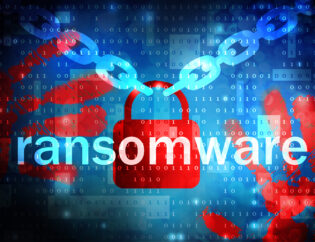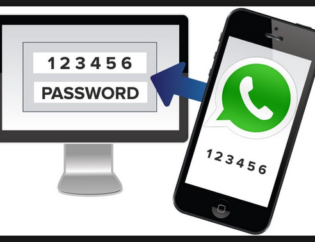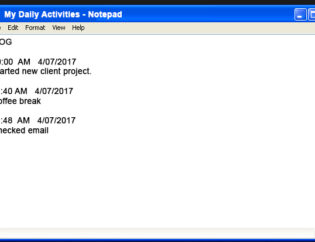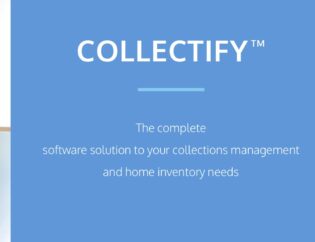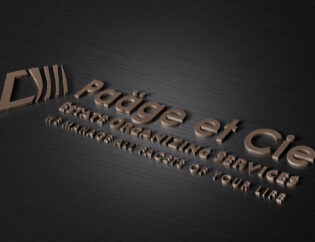Why do some people seem to handle life’s challenges better than others? Here is why - these people know the value of organizing their important documents before an unexpected event occurs.
Read on to learn the four main tactics used by those who know the value of being prepared under any circumstances.
“It is better to look ahead and prepare than to look back
and regret.” -Jackie Joyner-Kersee
DO A LITTLE EACH DAY
If the task seems daunting, break the process into easily managed fact-gathering sessions where your whole family can get involved. As you begin gathering your important papers, make an appointment with your financial planner and estate attorney to devise an estate plan specifically tailored to meet your needs.
GATHER INFORMATION & DOCUMENTS
Family Members
Do you have personal information for every member of your family? This should include copies of:
- Birth and marriage certificates
- Passports
- Driver’s licenses
- Social security cards
Keep an updated list of school and work contacts for each member.
Add a copy of each of your pet’s medical and personal information, including:
- Name and phone number of your veterinarian
- Type and breed
- Prescriptions
- Shots and rabies vaccinations
- Photos
Advisory Team
Write down the contact information for each member of your advisory team. This team includes your:
- Accountant
- Banker
- Wealth Manager
- Estate Attorney
- Financial Confidante
- Anyone else you deem important
Home
Make a complete inventory of the contents of your home and any offsite storage facilities you rent or own. Include in this list:
- All valuables
- Collectibles
- Electronics
- Furniture and accessories, both inside and out
- Home remodeling or major improvements
Also include a copy of all warranties for appliances and contracts for cell phone, cable television and so on. Add a list of account numbers and contact information for all home service providers. Remember to include your alarm code and password. Consider using Collectify Home Inventory software to create and organize your home inventory.
Password
Passwords are a way of life in our technology-filled world. Make a list of your account passwords as well as computer access codes. Keep the list in a secure location, such as a fire-proof envelope or safe, or give a copy to your executor.
The person you choose will have immediate access to pay bills and handle your affairs if you’re unable to.
Here are more options to safely and securely store your password, including:
- Password managers such as LastPass, Dashlane and iCloud Keychain
- Internet password managers, such as Chrome and Firefox
- Our password-protected Excel, Word and Google worksheets – DYI Paäge et Cie's FREE Fillable Desktop Password Manager
Lifestyle
List and store usernames, passwords, PINs, and email addresses used for:
- Frequent flyer miles
- Loyalty programs
- Gym memberships
- Private club memberships
- Recurring contributions
- Subscriptions
Insurance
Periodically review all of your insurance policies to make sure they fulfill your needs. Gather current copies of:
- Home, auto, boat and recreational vehicle insurance papers
- Life, disability and long-term care Insurance policies
- Pet insurance
- Flood insurance
- Insurance agent’s contact information for each policy
Taxes
Make sure you have a file that holds all of your tax-related documents throughout the year. These documents include:
- Previous years’ tax returns
- Employee information
- Pay stubs & other income
- IRA information, savings and investments
- Credit card & bank statements
- Receipts and itemized deductions
Have you filed your tax returns for the past three to seven years in a permanent location? Invest in a scanner, like Fujitsu and a cloud account that allows you to store additional years if you so choose.
Medical
Have detailed medical histories for each member of your family, including:
- Allergies
- Diet restrictions
- Immunization records
- Blood types
- Prescriptions
- Health insurance policies and benefits
- Physician contact information
- Medical directives, such a health care proxy and living will
Assets
Create a master list of your:
- Assets & liabilities
- Net worth statement
- Financial records
- Deeds & titles
- Loan documents
Jot down the names of your financial institutions, account types and numbers, contact information and the name of the owner of the following accounts:
- Checking
- Savings
- Investment
- Credit cards
- Safe deposit box (and contents, plus where to find the key)
Quick Tip: Request a copy of your free annual credit report to be sure you are not a victim of theft.
Estate Planning and Final Wishes
If you have a will, where is the original located? Is it updated to reflect life-changing events, such as marriage, birth, divorce or death of a beneficiary?
Have you thought about making your final arrangements? If not, make them and list your preferences, such as:
- Organ donation
- Burial or cremation
- Funeral or memorial service
- Obituary, names of speakers and pallbearers
- Music selection
Use our FREE Estate Planning Checklist to help you gather and organize the documents needed for this exercise.
ORGANIZE AND STORE
Now, make copies so you have two sets of your documents. Create two matching binders with dividers, organizing the documents into the categories listed above.
The first binder goes in a locked file cabinet or a fireproof safe in your home for safekeeping. The second binder goes into long-term storage, such as your safe deposit box or can be scanned and saved on a thumb drive or external hard-drive that you give to your attorney, financial advisor or executor.
Another option is to scan and encrypt digital copies of the documents, store them online in the cloud, and give access to your family members, attorney or executor in the event of an emergency.
For a more in-depth way to collect and organize your important documents, click here.
UTILIZE TECHNOLOGY
Modern technology allows you to stay organized like never before. Whether you’re organizing yourself, your family or your business, you can find an app, software or tool to support your efforts.
Register for paperless statements from your financial institutions and utility companies. Download and save the statements as a PDF file on your computer or in the cloud. It is easy and reduces the risk of identity theft and a host of unwanted paper.
Again, invest in a scanner. ScanSnap iX500 by Fujitsu is quite popular and syncs with a host of cloud storage options including, Dropbox, Evernote and SugarSync. You can also scan to ScanSnap proprietary Organizer or a folder on your computer.
This year, put “organizing important documents” at the very top of your New Year’s resolutions to give you and your loved ones security and peace of mind by being well prepared for any event. That way, rather than frantically searching for vital information in an emergency, you can focus on the event at hand rather than looking all over for paperwork.

